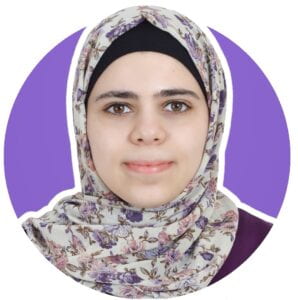A Machine-Learning-Based Neurocognitive Framework to Evaluate the Experience of Haptic Delay
 Haneen Alsuradi
Haneen Alsuradi
| October 11th 2022 – 11 am, NYUAD C1 (ERB) -045 |
Haptic technologies enable users to physically interact with remote or virtual environments by applying force or vibration via haptic interfaces. However, the delivery of timely haptic feedback remains a challenge due to the stringent computation and communication requirements associated with haptic data transfer. Assessing the quality of the haptic experience in real-time during the interaction is of great importance for adaptive compensation of delay in the other modalities and, thus, for seamless interaction. Conventionally, methods like self-reporting are used to characterize parameters related to the quality of haptic experience. However, this method is subjective, prone to social pressure, and non-real-time. In this talk, I will present a fundamentally different approach based on machine learning and electroencephalography (EEG) for evaluating the haptic experience. The approach is experimentally validated on the experience of haptic delay and several other haptic experiences. The ability of this hybrid approach to generalize to multiple different haptic experiences demonstrates its potential in transforming how we interact with haptic interfaces.
Speaker’s Bio
Haneen Alsuradi is pursuing her doctoral studies in Electrical Engineering at the Tandon School of Engineering while doing her research at AIM Lab at NYU Abu Dhabi. Her research is multidisciplinary and combines aspects of haptics, machine learning, and EEG data processing. Her Ph.D. work focused on developing a neurocognitive machine-learning-based framework to evaluate the human experience of haptic delay. Prior to that, she earned a Master of Science degree in Microsystems Engineering from the (then) Masdar Institute of Science and Technology, with a research focus on circuit design and printed electronics. Haneen defended her Ph.D. thesis successfully and she will be moving to a postdoctoral position at the Center for Artificial Intelligence and Robotics (CAIR), NYUAD.

